Binge Drinking May Quickly Lead to Liver Damage
Alcohol consumed during just seven weeks of intermittent binge drinking harms the liver in ways that more moderate daily drinking does not.
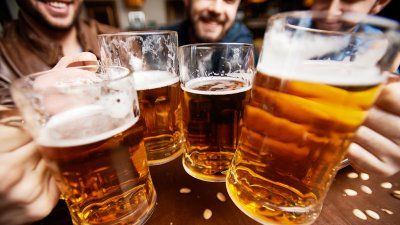
University of California San Francisco
Give to UCSFAlcohol consumed during just seven weeks of intermittent binge drinking harms the liver in ways that more moderate daily drinking does not.

In Texas, increases in travel distance to the nearest abortion clinic caused by clinic closures were closely associated with decreases in the official number of abortions.

UC San Francisco’s Center for Digital Health Innovation announced a collaboration with Intel Corporation to deploy and validate a deep learning analytics platform designed to improve care.

People with bipolar disorder, schizophrenia and major depression with psychosis may be up to 15 more likely than the general population to be HIV positive, but are only marginally more likely to be tested for the virus.

Ifeyinwa Asiodu, an assistant professor at the UCSF School of Nursing, is working to close the gap in breastfeeding rates between African-American babies and others in the U.S.

Mitochondrial replacement therapy now has been used in humans to conceive a “three-parent baby” to prevent inherited mitochondrial disorders, but there remain questions about the effectiveness of the process.
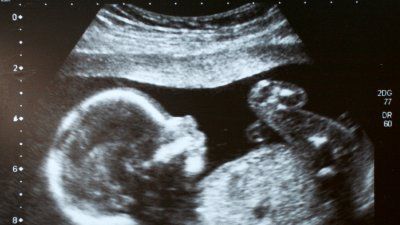
Over the next year, 19 new public water stations will be installed across San Francisco, thanks to a collaboration involving the City and County of San Francisco, community groups, and UCSF Health.

UCSF researchers are working to figure out how mouse stem cells divide and differentiate into acinar cells to rebuild the salivary gland after an injury. Such research could apply to patients who often lose the ability to produce saliva after undergoing radiation therapy for head and neck cancers.

A UC San Francisco-led study has identified signatures of ethnicity in the genome that appear to reflect an ethnic group’s shared culture and environment, rather than its common genetic ancestry.

UC San Francisco and Pfizer Inc.’s Centers for Therapeutic Innovation have renewed an agreement to identify and develop biologic compounds against both known and novel targets.

Researchers at UCSF have developed a new optogenetic tool that can be used to completely eliminate single cells from brain networks in animals. The researchers believe the new tool will enable exquisitely precise experiments to help researchers understand how each cell contributes to the whole.

Steven Altschuler and Lani Wu are using artificial intelligence to spot and label potential medical uses for biological compounds.
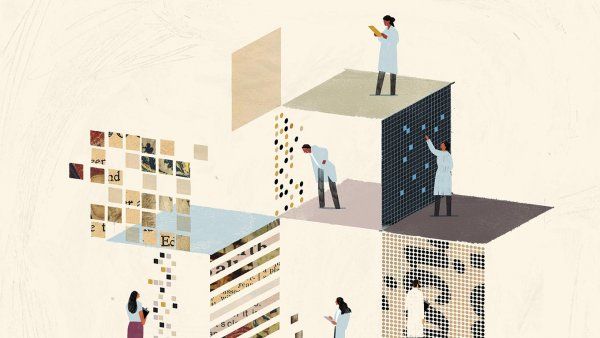
Alcohol abuse may increase the risk for heart attack, atrial fibrillation and congestive heart failure.

Latino children with kidney failure have a surprising survival advantage over white children despite longer waits for transplants, according to a UCSF study that tracked more than 12,000 pediatric patients.

UCSF researchers have discovered a way to switch off the widely used CRISPR-Cas9 gene-editing system using newly identified anti-CRISPR proteins that are produced by bacterial viruses.
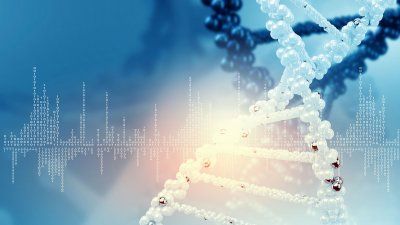
A newly identified bacterial protein that is shown to jump-start infection may be the culprit in a foodborne disease that strikes pregnant women in disproportionately high numbers, leading to miscarriage and pre-term birth.

In findings that show the effectiveness of a new strategy for treating multiple sclerosis, researchers are reporting positive results from three large, international, multicenter Phase III clinical trials of the investigational drug ocrelizumab in both relapsing multiple sclerosis and primary progressive multiple sclerosis.
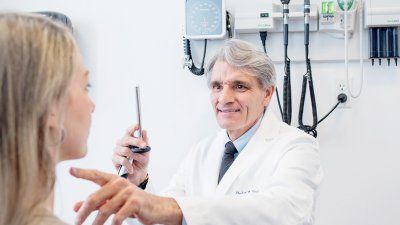
UCSF is joining a unique collaboration agreement with Facebook that would allow its researchers to engage in joint technology projects without the usual red tape.
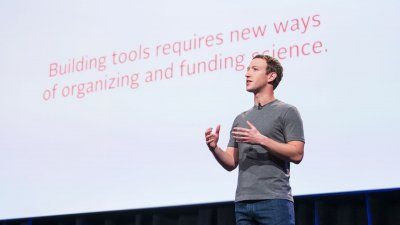
UCSF scientists have discovered an unexpected mechanism the brain uses to seamlessly compensate when speech sounds are obscured by noise.

UCSF researchers have taken a major step toward understanding the function of the tens of thousands of human genes that do not code for proteins, a phenomenon considered one of the key remaining mysteries of the human genome.
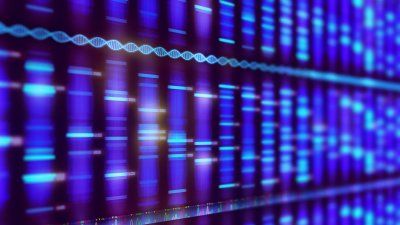
Researchers from UC San Francisco and the Broad Institute of MIT and Harvard have developed a new method for performing high-throughput functional screening of complex genetic interactions.

To give you a bit of scientific motivation, UCSF gathered some of the latest research behind the most popular health-related New Year’s resolutions that attest to why it really is good for your body to see them through.

UC San Francisco researchers have visualized the earliest stages of pregnancy in unprecedented detail in laboratory animals and human tissue using new laboratory imaging techniques.

Stories about sensory processing disorder, videos about “zombie” cancer cells, and news about the effects of caffeine and alcohol on the heart were among the topics that most engaged our readers in 2016.
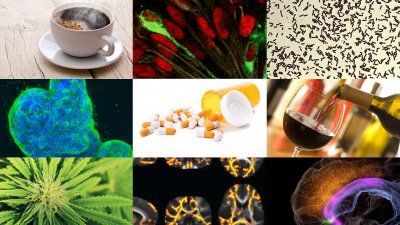
Nearly half of the patients in a safety net health system who had an abnormal stool-based screening test for colorectal cancer failed to receive the recommended colonoscopy within a year.

In a UC San Francisco study of 176 adolescent smokers in San Francisco, 96 percent reported using at least two substances other than cigarettes.

UCSF researchers have developed a new variety of targeting system for chemotherapy drugs based on the unusually high free iron content of many cancer cells.

A national survey has found an association between pubic hair grooming and sexually transmitted infections.

Killing in war often triggers a moral conflict in veterans that can damage their self-image, relationships and spirituality.

Beta blockers are effective in reducing the risk of death in older nursing home residents after a heart attack, but may impair their ability to perform daily functions independently.
